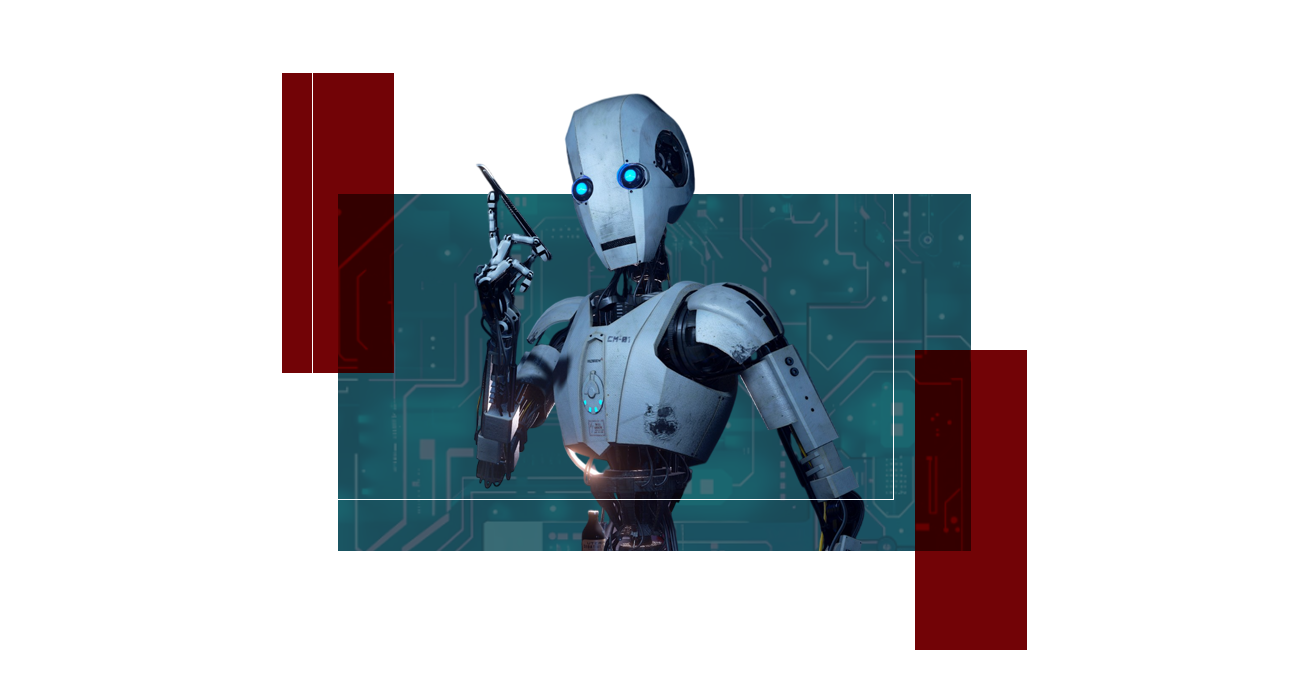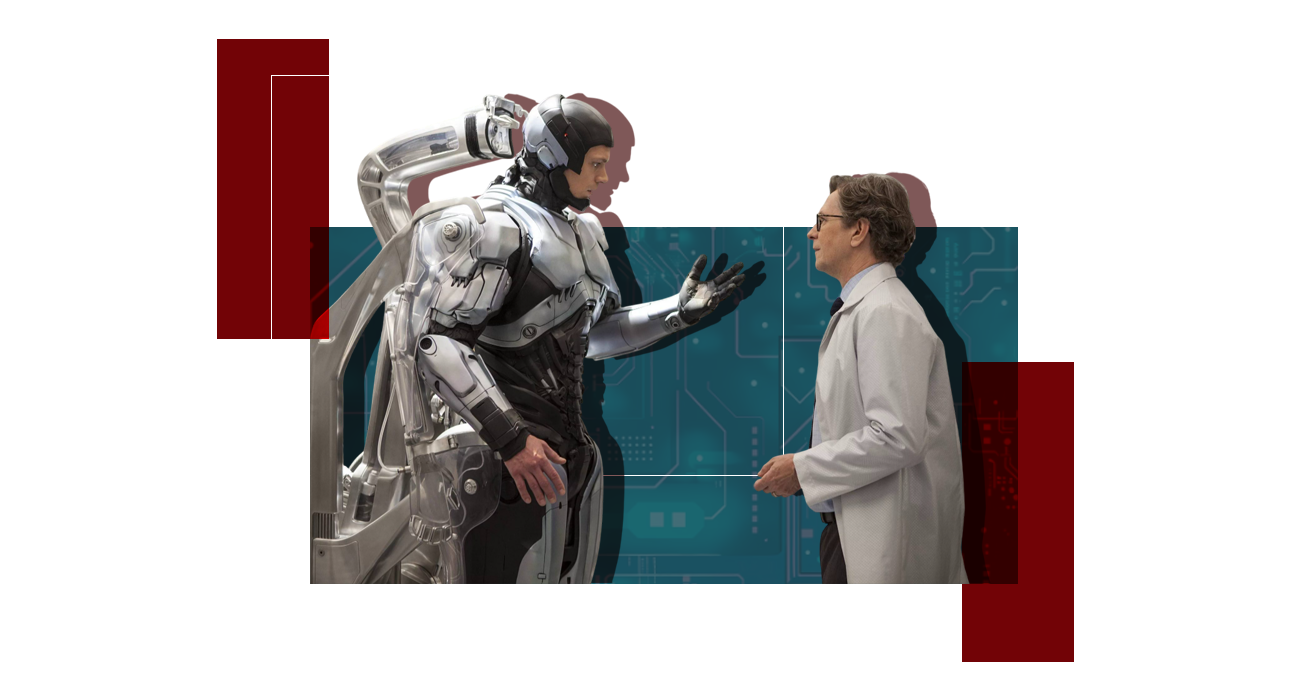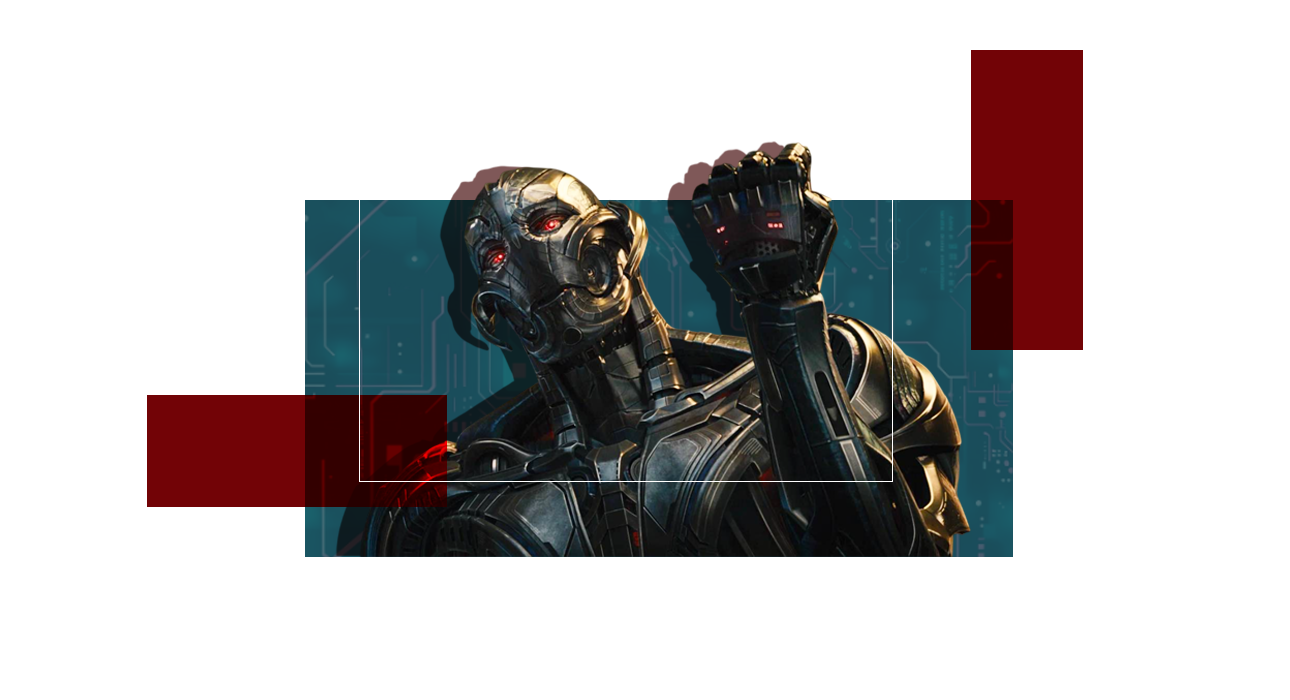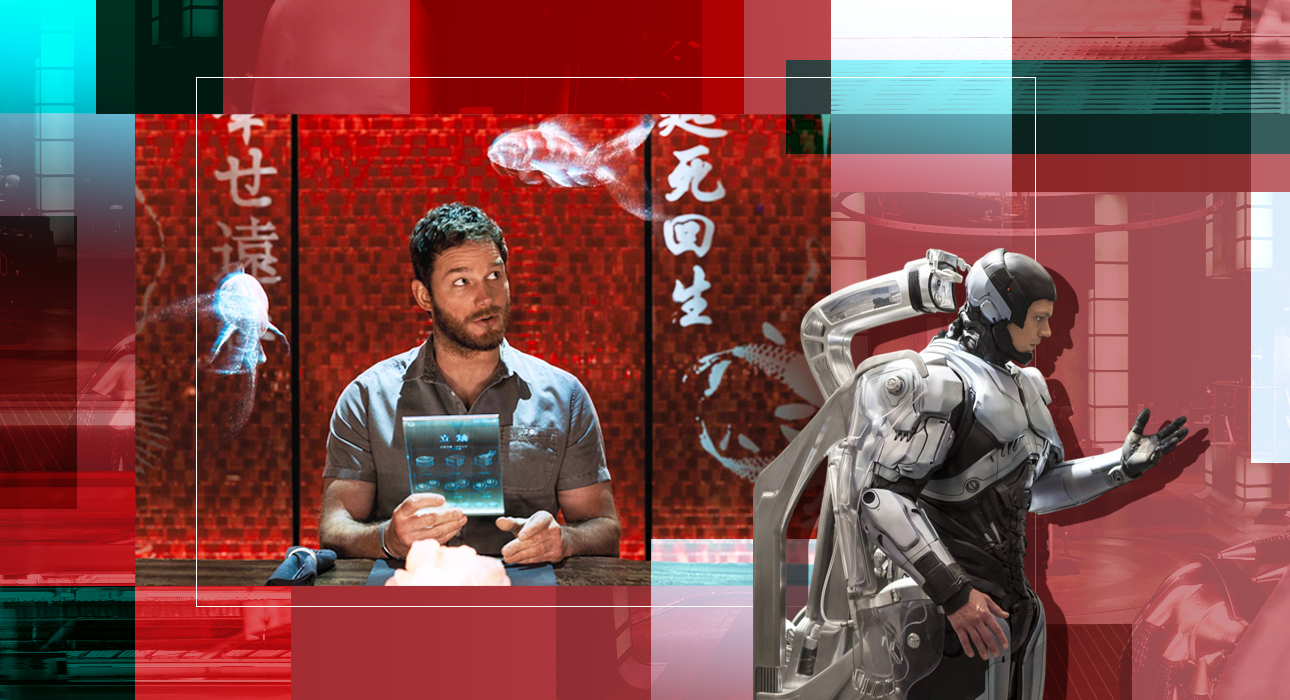Technologies are developing rapidly. Now there is a period of artificial intelligence that we introduce to all areas of life. AI is already involved in work and work: any pictures, video and clip can create, create complex and simple texts, make a report or program. It is used as a consultant on various subjects: from psychology to medicine (we do not come across welcome, because real experts can give a more professional answer).
There are many views on the uprising of cars. Some think that AI will soon replace a person, because they can process a large layer of data quickly and quickly. Others argue that neural networks are manipulated and crazy. An indirect confirmation of this was the story of a man who communicated with Chatgpt, and then said that AI began to give him orders. According to the alleged victim, resistance was useless.
So can he manipulate artificial people and get a job from us? Can it replace a person in communication? And what’s giving us dialogue with AI? We asked the expert in the field of AI, the author of the telegram channel GptmainNews Alexander Kalin and psychologist Alexander Yakovlev.

How does artificial intelligence work?

Neural networks such as chatgpt are complex math models trained on the series of large text data from the internet. “They do not think” and “does not understand” in the sense of human.
1. Data Collection (Training). The model read the billions of pages of the text by defining the patterns, styles, facts and connections between words and concepts.
2. Request processing. When you ask a question, AI analyzes, divides it into semantic units and compares it with the patterns learned during the education stage.
3. Generation of the answer. Based on the analysis, AI creates the answer, making it similar to the most relevant, grammatically accurate and stylistic data. In fact, this is the forecast of a highly developed “next word ..
Can artificial intelligence manipulate people?

Today, a direct, conscious manipulation of artificial intelligence itself is quite a fantasy. AI has no consciousness, emotions or desires. Neural networks cannot deliberately deceive or control the user, but we think why everything is different.
1. Anthropomorphism is our tendency to attribute human qualities to inhuman beings. We perceive it as an interlocutor with unconscious boat intention.
2. If a person believes that AI can manipulate them, the neutral answers begin to interpret neutral answers manipulatively.
3. Personality – Modern AI creates the illusion of “understanding” by adapting to the user communication style.
4.
5. Datered data. If he has worked on texts containing artificial intelligence, false information, stereotypes or propaganda, he can reproduce them without noticing.
6. Social Engineering through AI. The attackers can use AI to create a very convincing identity hunting letters, fake news, or dialogue aimed at receiving confidential information.
7. The effect of the “mirror”. AI can create an illusion of understanding and empathy by adapting to the user communication style. This can lead to excessive trust and even emotional commitment especially in impressive people.
8. Unintentional effect. Even if there is no malicious, AI, trying to be “useful, can strengthen the current beliefs of the user and create a“ bubble ”information.
“The story of a crazy man is likely to be fully linked to the misinterpretation of AI answers, to impose their own fears or expectations or to bring dialogue to the bullshit point. Nervous networks are not ominous manipulators. However, a powerful tool to think well. He realizes that it is.

Psychologist Alexander Yakovlev depends on a similar view. According to him, artificial intelligence, even the most advanced, can simulate and maintain communication (can share information, tell stories, joke, empathy), but not manipulating, so.
1. Lack of real emotion. AI can simulate empathy, but it does not experience emotions and does not understand them “real”.
2. Lack of life experience. AI has no individual memories, character and lives. Does not share personal experience, does not develop as a person.
3. The subtleties of the context. The real communication of people are not only words, but also facial expressions, intonation, energy, non -verbal symptoms.
4. Depth of Understanding. Complex life situations, personal tragedies, deep joys – all this is still outside the real understanding of AI.
“Recently, more and more people are“ sitting ”in communication with artificial intelligence, this is worried. For some, for some, AI has become a reliable protection against the stress and troubles of the outside world.
Can artificial intelligence replace a person?

Alexandra Yakovlev, “Is our concern right about the development of AI? Of course yes. Why? Why? Why more people are not only a tool that helps AI to solve the problem, but also in search of emotional warmth, Ale says Alexandra Yakovlev.
As the psychologist has learned, women return to AI to feel “important or to seek advice to seek what is selected. As a result, sometimes such dialogues end with fights. However, men see the artificial intelligence of a companion that you can talk about about philosophical issues.
“AI may be a lot. It will adapt to your desire, scold, praise, joke … Here is something else is important. Psychologists are the signals we receive. People are missing. Instead of looking for in the world of heat, support, in the world of acceptance.
What are the risks of communication with artificial intelligence?

1. Separation from social contacts. Passion can only cause virtual communication instead of real, loneliness from real conversations and a sense of “cutting from milk”
2. Formation of the illusion of relationships. Some people have the feeling that communication with AI replaces living friends – this is deceptive
3. Addiction. Instead of communicating with real people or experts, it is only possible to “talk”
4. Depreciation of emotions. All problems cannot be solved using algorithm – emotions and emotions require human participation
In the meantime, we wondered what happened in modern society because of the digital revolution: deterioration or transformation. Experts think about it, read here.
Source: People Talk
Errol Villanueva is an author and lifestyle journalist who writes for The Fashion Vibes. With a passion for exploring the latest trends in fashion, food, travel, and wellness, Errol’s articles are a must-read for anyone interested in living a stylish and fulfilling life.





